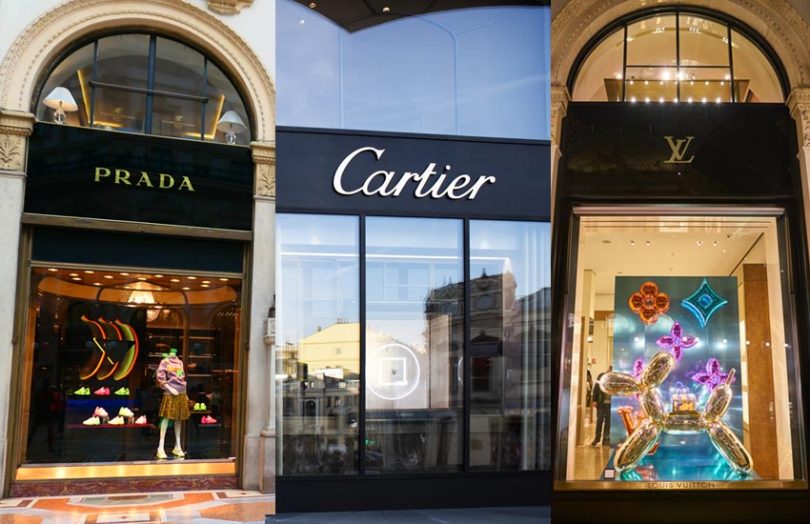Prada, and Cartier (owned by Richemont) have signed up to the Aura Blockchain Consortium developed by LVMH, the world’s first global luxury blockchain. The goal of the consortium is to address mutual challenges in the industry through blockchain technology.
One of the main issues that luxury brands face is counterfeiting. In 2020 alone, the U.S. Customs seized $1.3 Billion in counterfeit goods. Since most of the value of luxury goods is in the brand itself, ensuring that the products sold on the market are authentic is essential to preserve the prosperity of these companies.
LVMH launched the Aura Blockchain with Microsoft and ConsenSys in 2019 for this exact purpose. Consumers can authenticate an LVMH product by scanning a QR code on the label and access an app with the story of the item, from its raw materials to manufacturing and distribution. The app also has information about product care and warranties.
What is notable about the formation of the consortium is that its founding members are direct competitors. LVMH launched Aura with the intention of forming a consortium, but until now, the brands using Aura, such as Hublot’s watch warranties, Louis Vuitton, and Dior, were all members of the LVMH group. The cooperation of the three competing brands on the blockchain platform highlights the need to collaborate to resolve industry-wide issues.
Aura’s data is gathered across every step of the supply chain and submitted to the blockchain. Each brand on the consortium manages its own information and is held to strict standards on client privacy.
Besides limiting opportunities for counterfeit, the technology enhances the communication between brands and consumers and directs attention to the quality of the item. Additionally, blockchain has the potential to encourage more sustainable practices as consumers can access data enabling brands to showcase their sustainable values and ethical manufacturing methods.
Other brands can join the consortium and make use of its technology to build additional applications and innovations on top of Aura. As mentioned, Hublot provides customers with e-warranties through Aura’s blockchain. Other applications are likely to be developed in the coming months with the consortium’s expansion.
“The Aura Blockchain Consortium is a great opportunity for our sector to strengthen our connection with customers by offering them simple solutions to get to know our products better,” said LVMH managing director Toi Belloni. “By joining forces with other luxury brands on this project, we are leading the way on transparency and traceability. I hope other prestigious players will join our alliance.”
Meanwhile, Richemont, the group that owns the Cartier brand, is also involved with Arianne, a luxury blockchain alliance that creates digital passports for luxury goods. The startup, which was partnerships with Swiss luxury watchmaker Breitling and IoT smart product company EVRYTHNG, recently raised $8 million in funding.






